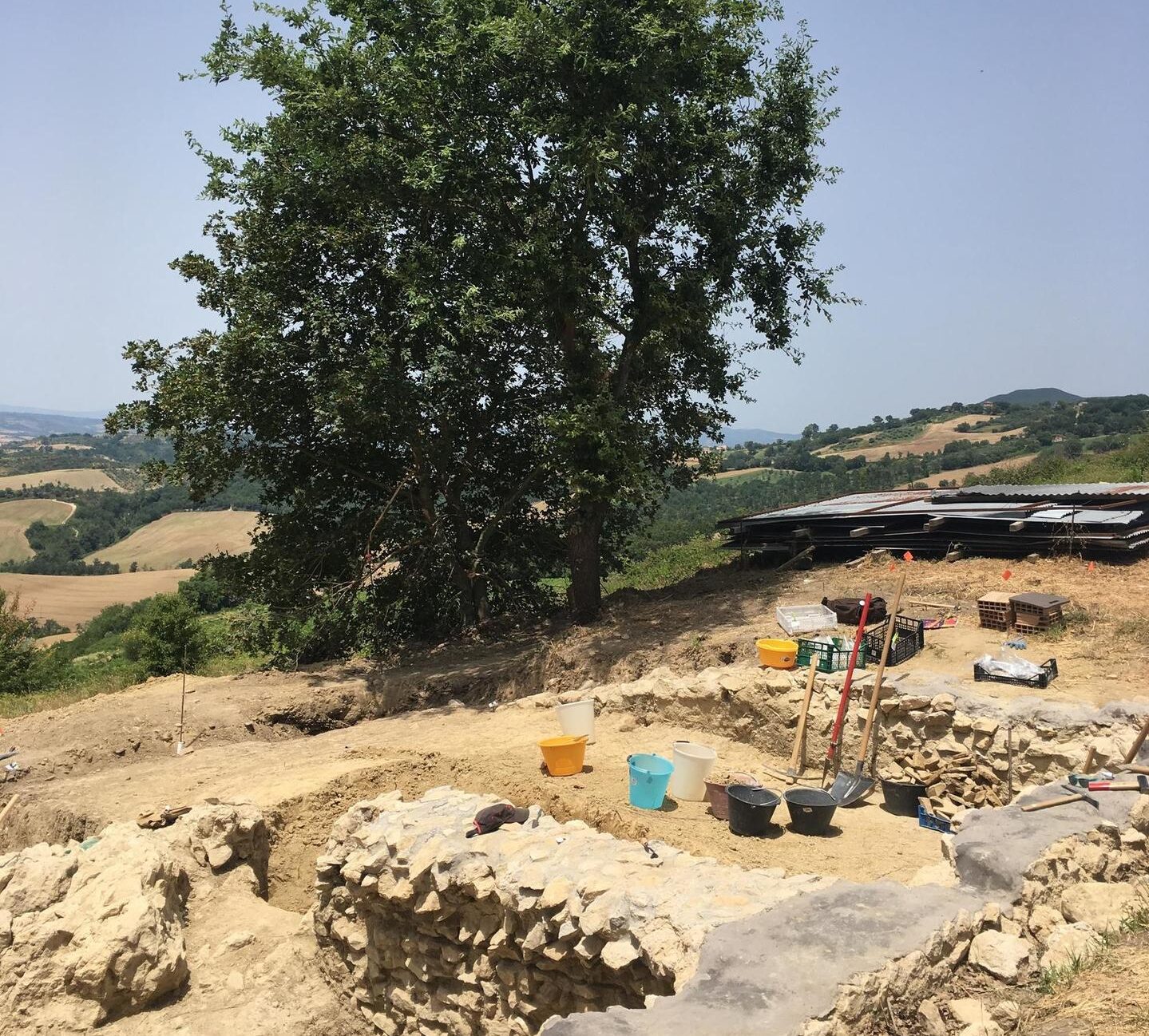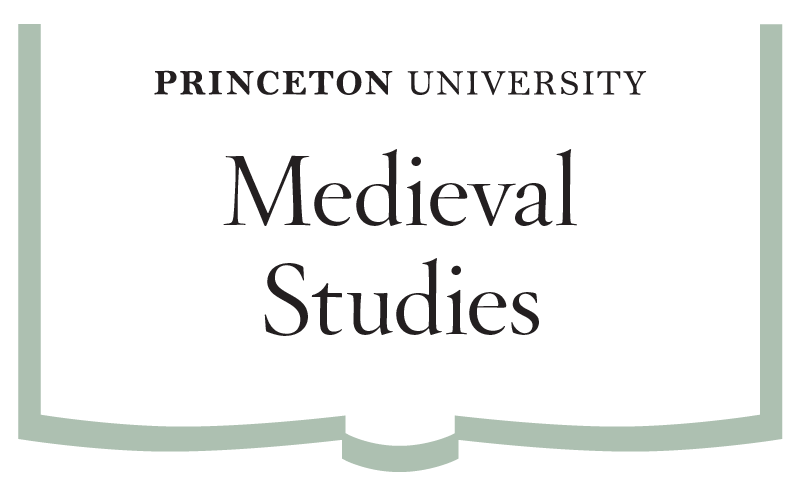
EHL Seminar: “Connecting With a Remembered Past: Uncovering the Layers of Disease, Death, Motherhood, and Magic in a Late Antique Rural Roman Community”
Jordan Wilson Richtsmeier Laboratory, Penn State
March 28, 2024 · 4:30 pm—6:00 pm · 209 Sheide-Caldwell and Zoom
Environmental History Lab; Humanities Council; Program in Medieval Studies

*Refreshments will be served after the talk.*
For Zoom, register here.
In the late 1980’s, archaeologists excavating an elegant First Century Roman villa in the Tiber River Valley were surprised to discover the remains of infant cemetery. Ritual materials and paleopathological evidence suggested the formation of the cemetery had followed an epidemiological event many centuries after the villa’s collapse, and subsequent molecular analyses confirmed the presence of Pl. falciparum malaria in at least one of the buried children. When excavations resumed in 2016, new light was shed on the infant cemetery and the living agricultural community that had formed it in Late Antiquity. This presentation reviews in depth the novel research and analyses that have come from this project, incorporating perspectives from bioarchaeology, Classics, and environmental history. The unequal burdens carried by women during this public health crisis emerges as a throughline: pregnant women would have been disproportionally affected by malaria, potentially leaving female healers such as midwives to care for them physically and spiritually and contend with the realities of pregnancy and infant loss. Looking forward, this presentation considers how the interdisciplinary framework utilized on this project might be applied to similar contexts throughout the ancient Mediterranean.
The Environmental History Lab is supported by a David A. Gardner ‘69 Magic Grant from the Humanities Council and the Program in Medieval Studies. This event is co-sponsored by the Department of Art & Archaeology.












